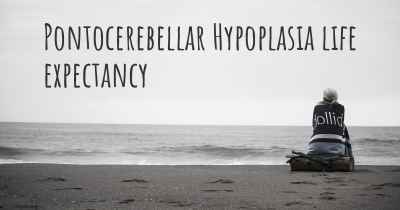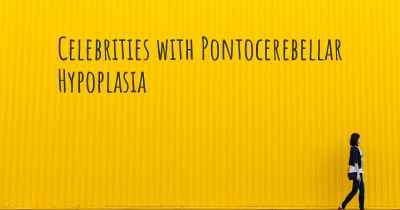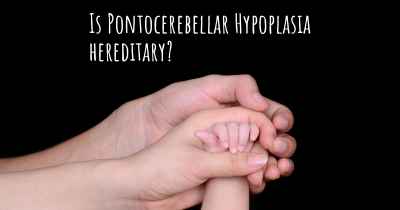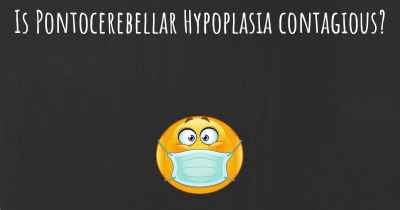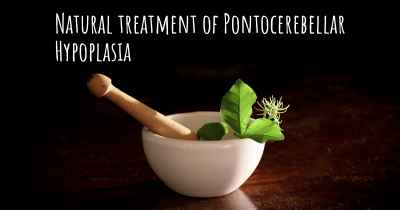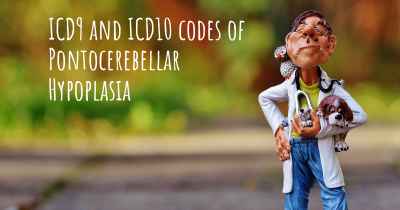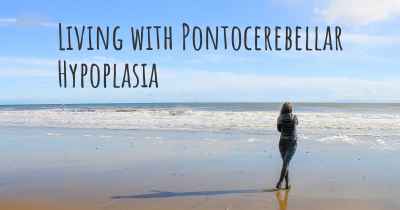Which are the causes of Pontocerebellar Hypoplasia?
See some of the causes of Pontocerebellar Hypoplasia according to people who have experience in Pontocerebellar Hypoplasia

Pontocerebellar hypoplasia (PCH) is a rare genetic disorder characterized by underdevelopment (hypoplasia) of the pons and cerebellum in the brain. This condition affects the normal functioning of these brain regions, leading to a range of neurological symptoms.
The causes of Pontocerebellar Hypoplasia:
1. Genetic Mutations: The majority of cases of PCH are caused by genetic mutations. Several genes have been identified that are associated with different types of PCH. These mutations can be inherited from parents or occur spontaneously during early development.
2. Autosomal Recessive Inheritance: PCH is typically inherited in an autosomal recessive manner, meaning that an affected individual inherits two copies of the mutated gene, one from each parent. If both parents carry a single copy of the mutated gene, they have a 25% chance of having a child with PCH.
3. Gene Function: The genes associated with PCH play important roles in the development and maintenance of the pons and cerebellum. Mutations in these genes disrupt normal brain development, leading to the underdevelopment of these regions.
4. Neuronal Migration: During brain development, neurons migrate to their appropriate locations in the brain. In PCH, the migration of neurons to the pons and cerebellum is impaired, resulting in their hypoplasia.
5. Cellular Dysfunction: The genetic mutations in PCH can lead to cellular dysfunction, affecting various cellular processes necessary for normal brain development. This dysfunction can disrupt the growth, survival, and functioning of brain cells, contributing to the underdevelopment of the pons and cerebellum.
6. Other Factors: In some cases, environmental factors or other genetic abnormalities may contribute to the development of PCH. However, these factors are less common compared to genetic mutations.
Pontocerebellar hypoplasia is a complex disorder with multiple genetic causes. The specific genetic mutation and its effects on brain development determine the severity and symptoms of the condition. The underdevelopment of the pons and cerebellum in PCH can result in various neurological problems, including developmental delays, intellectual disability, movement disorders, and impaired coordination.
Posted Aug 10, 2017 by Benjamin Busque 2620
